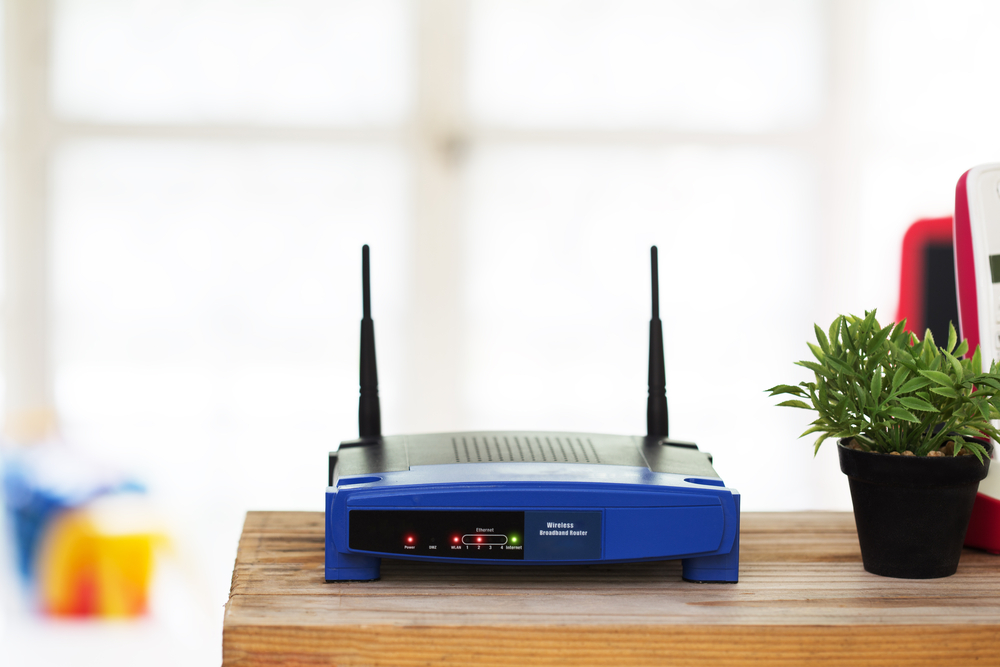Comprehensive Guide to Selecting the Perfect Wireless Router for Your Home and Business
This comprehensive guide covers essential tips and factors for choosing the perfect wireless router for home and business environments. From brand options to coverage, security, and connectivity types, learn how to select a device that fits your specific needs, ensuring fast, reliable, and secure internet access across multiple devices and spaces.

Comprehensive Guide to Selecting the Perfect Wireless Router for Your Home and Business
Expert tips for choosing the ideal wireless router tailored to your needs
Wireless routers have become essential devices for both personal and professional internet connectivity. Acting as a gateway to the internet, these versatile devices serve as both routers and wireless access points, ensuring seamless connectivity across multiple devices. Whether you're setting up a new home network or upgrading your office infrastructure, understanding the critical factors involved in selecting the right wireless router is crucial. In this comprehensive guide, we delve into the various aspects that influence the performance, security, and coverage of wireless routers, helping you make an informed purchase decision.
Leading Brands and Their Specializations
Different brands cater to specific needs, from high-speed gaming to extensive home coverage.
Netgear's Orbi series is renowned for expansive Wi-Fi coverage, ideal for large homes.
Linksys offers robust dual-band routers like the AC1900, suitable for large office spaces.
ASUS provides compact yet powerful models such as the RT-ACRH13, perfect for apartment dwellers.
For gamers and streamers, models like the Netgear AC1750 Smart WiFi Router deliver optimized performance.
Enthusiasts seeking high-end features often opt for ASUS's T-AC88U, supporting demanding applications.
Key Factors to Consider When Choosing a Wireless Router for Your Home
Number of connected devices: Determine how many gadgets will access your Wi-Fi to select a router with adequate capacity.
Internet activities: Streaming, gaming, or smart home devices require specific features like bandwidth prioritization.
Budget constraints: Balance performance with affordability, considering both initial cost and ongoing expenses.
Living space layout: Larger or segmented areas may necessitate high-power routers or mesh systems for full coverage.
Router placement: Decide whether to keep the router in open areas for better signal or discreet locations to reduce clutter.
Essential Considerations for Business Wireless Router Purchases
Assess your enterprise’s connectivity needs, including device volume and remote access capabilities.
Security features: Implementing enterprise-grade security protocols and firewalls is vital to protecting sensitive data.
Connectivity options: Choose between wired, wireless, or hybrid configurations based on your infrastructure.
Device scalability: Select routers with single or dual WAN ports to accommodate business growth and redundancy.
Additional features: Consider options like guest networks, content filtering, VLAN support, and management interfaces.
Types of Wireless Routers and Their Uses
Single-band routers operate solely on the 2.4GHz frequency, offering basic performance suitable for light browsing.
Dual-band routers support both 2.4GHz and 5GHz bands, providing higher speeds and less interference, excellent for streaming and gaming.
Single WAN routers connect to a single internet source, suitable for most home users.
Dual WAN routers feature two internet ports, enabling load balancing and redundancy — ideal for business continuity.
Understanding and Eliminating Dead Zones
Dead spots are areas within your premises where Wi-Fi signals are weak or absent, often caused by physical obstacles or interference.
Common sources include walls, furniture, appliances, and neighboring networks.
Improving coverage involves repositioning the router, adjusting antennas, or deploying Wi-Fi extenders and mesh systems.
Using Wi-Fi analyzers can help identify dead zones to optimize placement effectively.
Warranty and Support for Wireless Routers
Most wireless routers come with manufacturer warranties that vary from one year to three years.
Warranty coverage typically includes hardware defects and technical support.
Always verify warranty terms and consider extended support options for business use.





